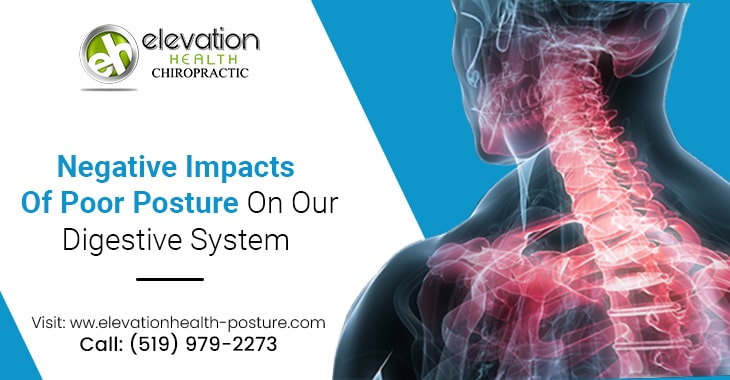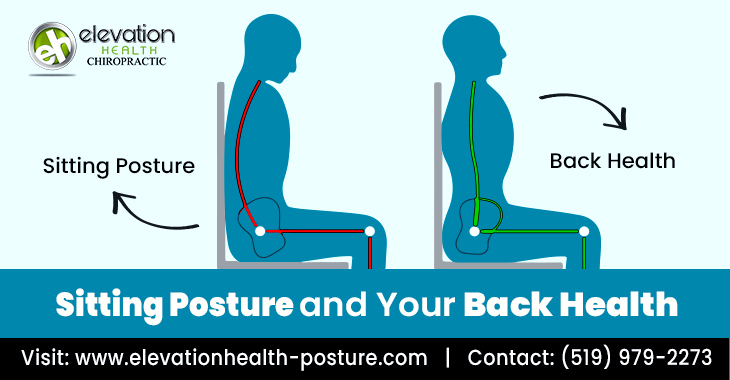
Maintaining good posture is often overlooked today, and its importance is underestimated. Poor posture doesn’t just affect our musculoskeletal system; it can have far-reaching consequences on various aspects of our health, including our digestive system. As Nantais Family Chiropractic experts at the Elevation Health Clinic in Canada, led by Dr Brian Nantais, is dedicated to raising awareness about the detrimental effects of poor posture on our digestive health. Let’s delve into how posture impacts our digestive system and why addressing this issue is crucial.
Before we explore the relationship between posture and digestion, it’s essential to understand the gut-brain connection. Our digestive system and brain are intricately linked through an extensive network of nerves known as the enteric nervous system (ENS). The ENS, often called the “second brain,” plays a crucial role in digestion, regulating gut functions independently of the central nervous system.
Reduced Peristalsis: Peristalsis is the rhythmic muscle contractions that propel food through the digestive tract. Poor posture can disrupt this process by compressing organs and limiting the space required for peristaltic movement. As a result, food might move more slowly through the digestive system, leading to issues like bloating, constipation, and indigestion.
Hindered Diaphragmatic Breathing: Slouching or adopting a hunched posture compresses the diaphragm, the primary muscle responsible for breathing. Shallow breathing can reduce oxygen supply to the digestive organs, impairing their ability to function optimally. Furthermore, shallow breathing can cause increased stress, which is known to disrupt digestion.
Reflux and Heartburn: Poor posture can increase the risk of acid reflux and heartburn. When we slouch or bend forward after meals, it can pressure the lower esophageal sphincter (LES), allowing stomach acid to flow back into the esophagus, leading to discomfort and irritation.
Sluggish Gallbladder Function: Proper posture is essential for promoting healthy bile flow. Poor posture can impair gallbladder function, leading to difficulty breaking down fats and absorbing fat-soluble vitamins, which are vital for overall health.
Compression of Organs: Prolonged poor posture, especially while sitting, can compress abdominal organs such as the stomach, intestines, and colon. This compression can hinder the movement of food and waste through the digestive system, leading to issues like gas, bloating, and constipation.
Nantais Family Chiropractic team at the Elevation Health Clinic focuses on prevention and holistic approaches to address the root cause of health issues.
Here are some tips to improve posture and support your digestive health:-
Ergonomic Workstations: If you have a desk job, ensure your workstation is ergonomically designed. Adjust your chair, desk, and monitor height to maintain a neutral spine posture while sitting.
Core Strengthening: Strengthen your core muscles to support proper posture. Exercises like planks and yoga can help improve core stability.
Chiropractic Care: Regular visits to a chiropractor, such as Dr Brian Nantais, can aid in correcting posture and relieving tension in the spine, leading to improved digestion.
The dedicated team at Elevation Health Clinic in Canada, led by Dr Brian Nantais of Nantais Family Chiropractic, encourages everyone to be mindful of their posture and take proactive steps to support their digestive health.


